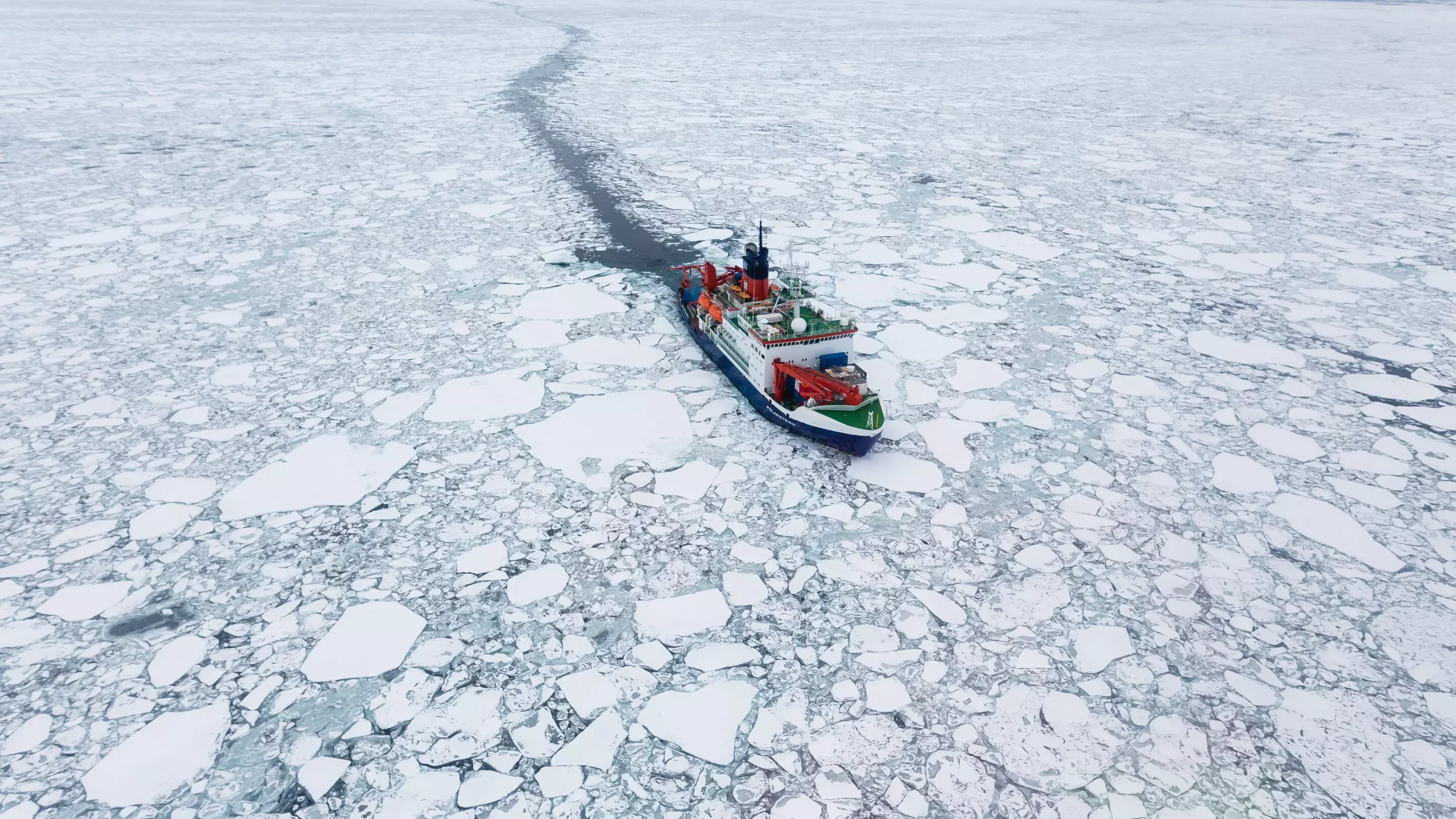The Arctic region is experiencing accelerated warming, with temperatures rising nearly four times faster than the global average. This phenomenon, known as Arctic amplification, has far-reaching consequences for global climate change. A recent modeling study led by researchers at UCL reveals that this faster warming in the Arctic will cause the critical global temperature thresholds set by the Paris Agreement to be breached much earlier. In addition, it adds significant uncertainty to climate forecasts due to the variation in model projections for the region. This article delves into the implications of rapid Arctic warming and emphasizes the need for extensive monitoring and understanding of this critical region.
The study conducted by UCL researchers aimed to estimate the impact of rapid Arctic warming on the timing of breaching the global temperature thresholds of 1.5°C and 2°C set by the Paris Agreement. By creating alternative climate change projections without fast Arctic warming, the research team revealed that these thresholds would be breached five and eight years later, respectively. The disproportionately fast Arctic warming adds uncertainty to climate forecasts as the variation in model projections for the region is larger compared to the rest of the planet.
The Importance of Monitoring
The findings of the study underscore the global significance of rapid Arctic warming and the urgent need for extensive monitoring of temperatures in the region. Monitoring, both in-situ and through satellites, is crucial for improving forecasts of global temperature rise. By closely monitoring the temperatures and understanding the processes occurring in the Arctic, scientists can enhance climate projections and contribute to more accurate predictions.
While the study focuses on the global impact of Arctic warming, it is important not to overlook the local consequences. A 2°C temperature rise globally would result in a 4°C annual mean rise in the Arctic and a significant 7°C rise in winter. These temperature increases have profound consequences for local ecosystems and communities. Moreover, rapid warming in the Arctic has global consequences, such as sea-level rise and the release of carbon from thawing permafrost.
Political Attention and Crisis
Arctic climate change is often overlooked by politicians due to the region’s location outside national boundaries. However, this study highlights how the Arctic significantly impacts global targets like the Paris Agreement. It sheds light on the crisis that is already unfolding in the Arctic and calls for immediate attention from policymakers. Recognizing the critical role of the Arctic in global climate change is essential for comprehensive and effective climate action.
Arctic Amplification and Its Causes
Arctic amplification, which is particularly pronounced during the winter months, is caused by multiple factors. The retreat of sea ice plays a crucial role, as it leads to more absorption of sunlight and heat by water instead of being reflected back into space. Additionally, the Arctic experiences less vertical mixing of air compared to the tropics, which traps warmer air close to the Earth’s surface.
Modeling and Projections
The study utilized an ensemble of 40 climate models to inform climate change projections. The researchers modified the models to create an alternative world without rapid Arctic warming. By comparing temperature projections in this hypothetical world with the real-world models, they assessed the impact of rapid Arctic warming on global temperature rise. The models revealed that temperature projections for the Arctic varied significantly, accounting for 15% of the uncertainty in projections, despite the region only making up 4% of the global surface area.
Paris Agreement and Temperature Limits
The Paris Agreement aims to keep the global average temperature increase to “well below 2°C above pre-industrial levels” and to limit the increase to 1.5°C. The critical thresholds of 1.5°C and 2°C are breached when average global temperatures over a 20-year period exceed these limits. The findings of this study highlight the urgency of addressing rapid Arctic warming if we are to achieve the goals set by the Paris Agreement.
Rapid Arctic warming has significant implications for global temperature rise and climate change. The UCL-led study emphasizes the need for extensive monitoring of the Arctic region and a better understanding of the processes occurring there. By accurately predicting Arctic temperatures and their impact on global climate, scientists can contribute to more effective climate forecasts and informed decision-making. Recognizing the crisis unfolding in the Arctic is crucial for policymakers to prioritize climate action and mitigate the far-reaching consequences of rapid Arctic warming.



Leave a Reply